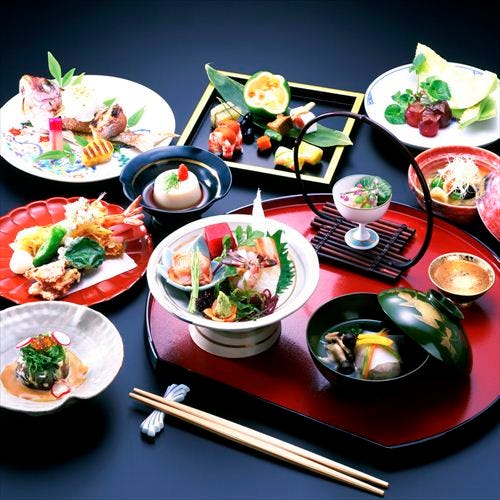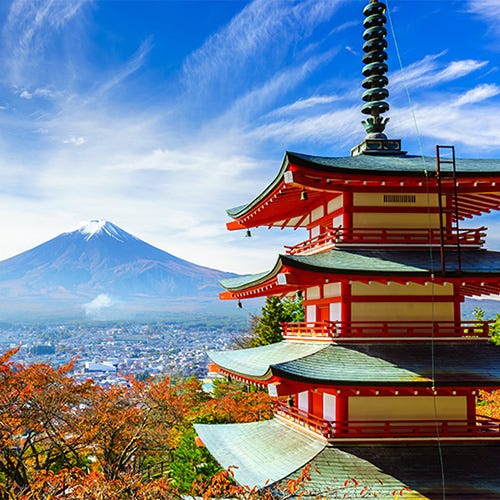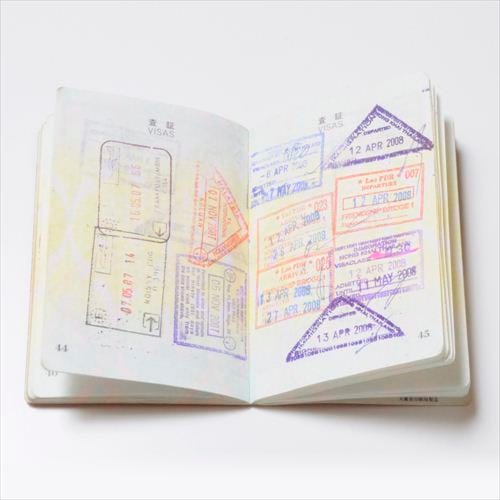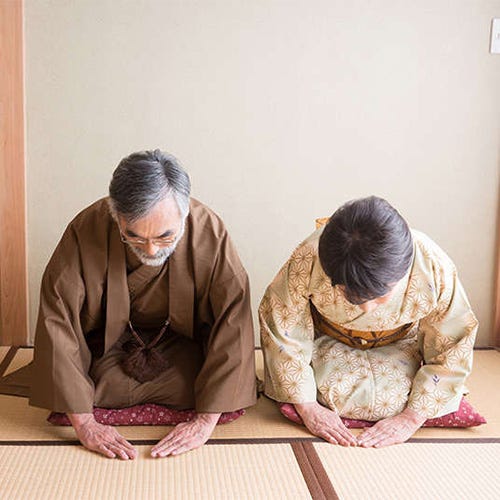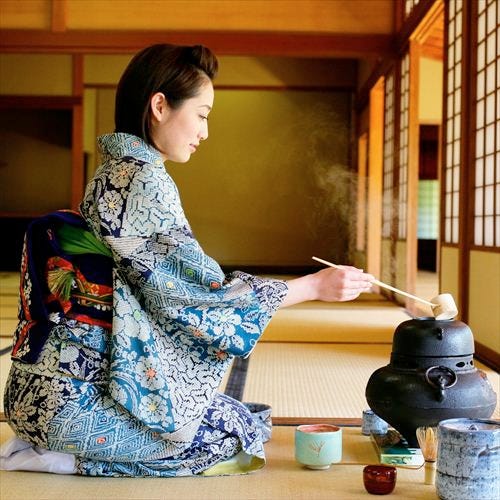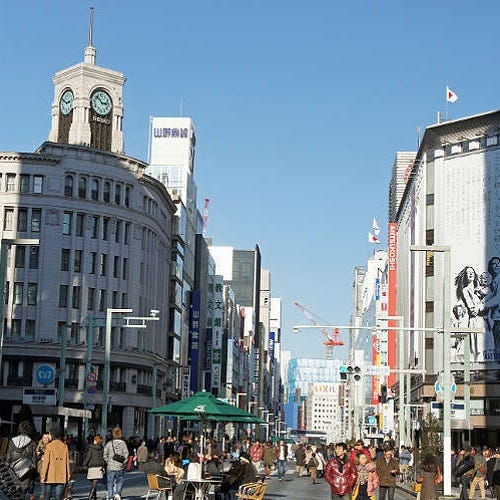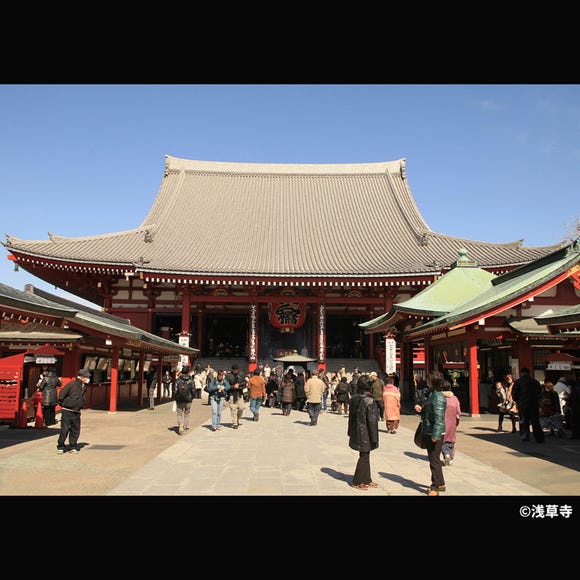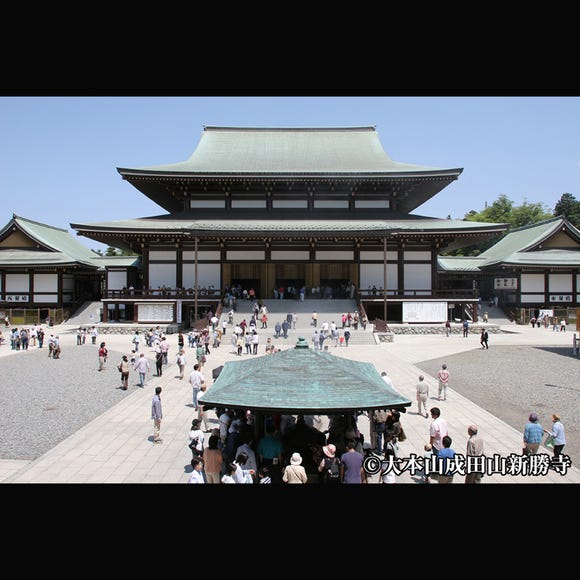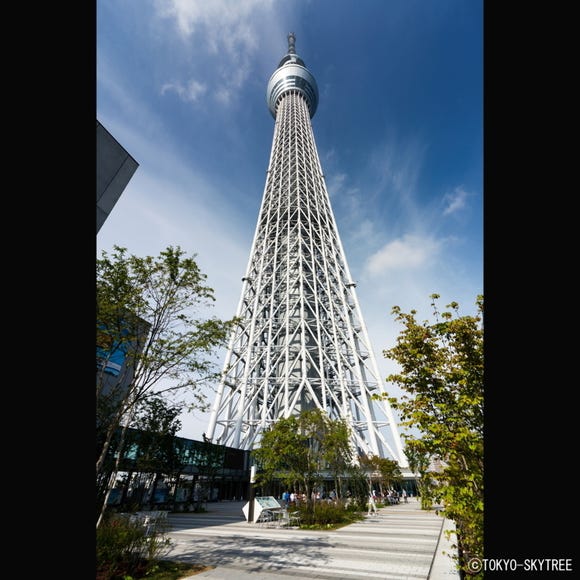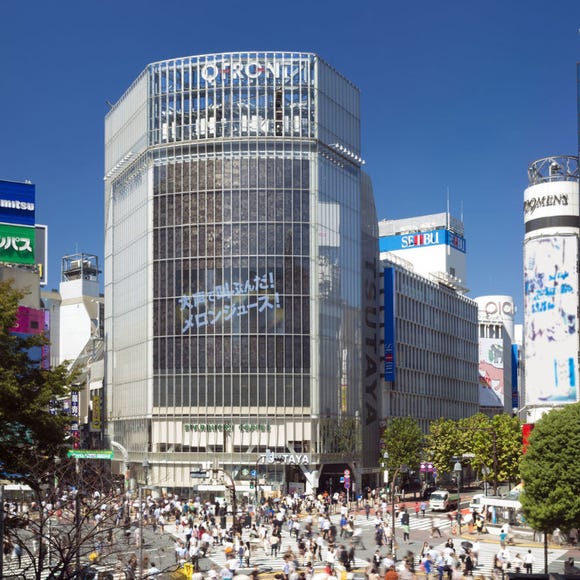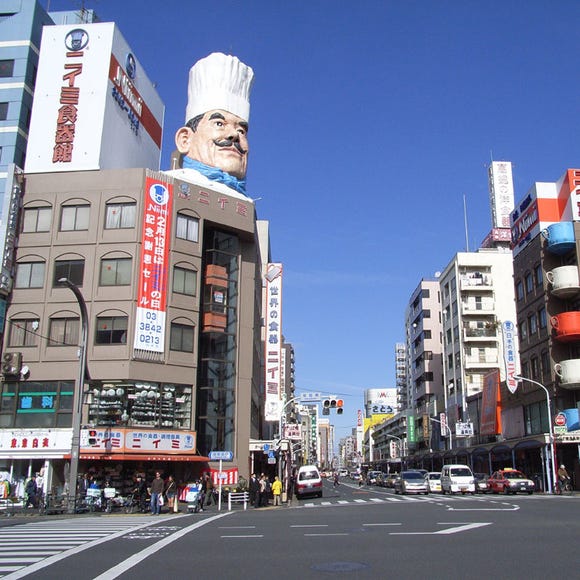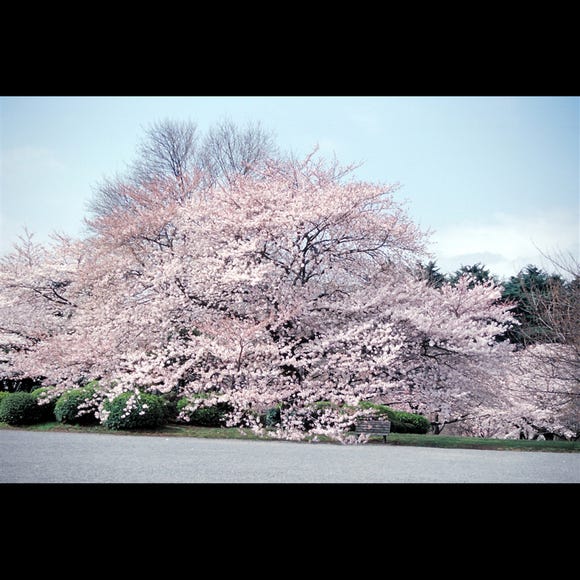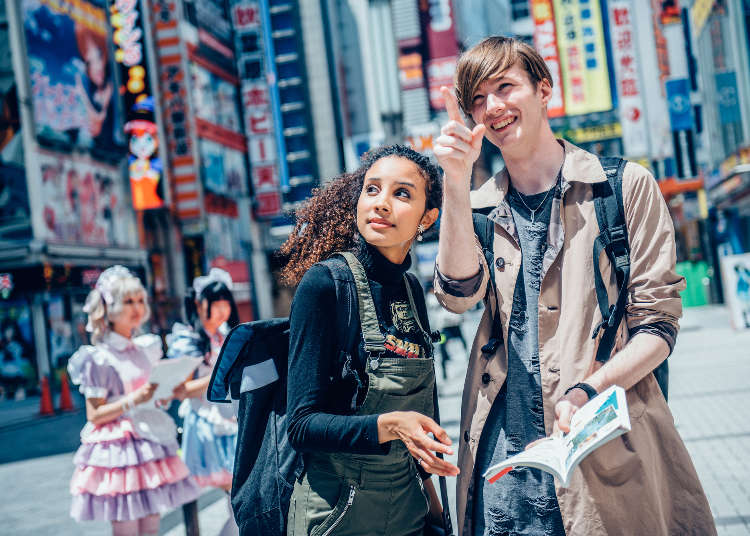
Now more than ever, the number of people who decide to spend time in Japan is dramatically increasing. More and more new travelers head to the Land of the Rising Sun to experience its landscapes, food, entertainment, and culture.
Yet, Japan is a unique country, and it serves to learn from people who have already been here or who live here to obtain a better insight on how to plan your first trip to this beautiful land.
Main image: PIXTA
- Table of Contents
-
- 1. Hands-free tourism and time management
- 2. While you walk around, avoid eating in the street
- 3. Be sure to seek out and try Japanese snacks!
- 4. In Japan Cash is King – be sure to stock up ahead of time!
- 5. Make sure you plan for a personal Internet data plan
- 6. Get yourself a prepaid e-money card
- 7. Dare to be naked!
- 8. Learning 4-6 Kanji would really help
- The more we experience, the more fulfilled we will be
Ask those in the know!
To better understand what are the things that travelers regret doing or not doing the most, we thought that the best way would be to ask travelers themselves, so we turned to an online community of people who visited Japan in the recent past.
It turned out that many people were happy to share their experiences and to help future visitors to Japan during their trip, so we added these incredible people’s suggestions to our own and compiled a list.
While asking people, we could not find anyone who didn’t remember fondly their trip to Japan. Still, there are always things we don’t think about while there, or maybe aspects of the culture and mannerisms that we are not used to, which prevents us from enjoying our experience even more.
So here are some of the most exciting and practical tips that people who have been to Japan have for you!
1. Hands-free tourism and time management
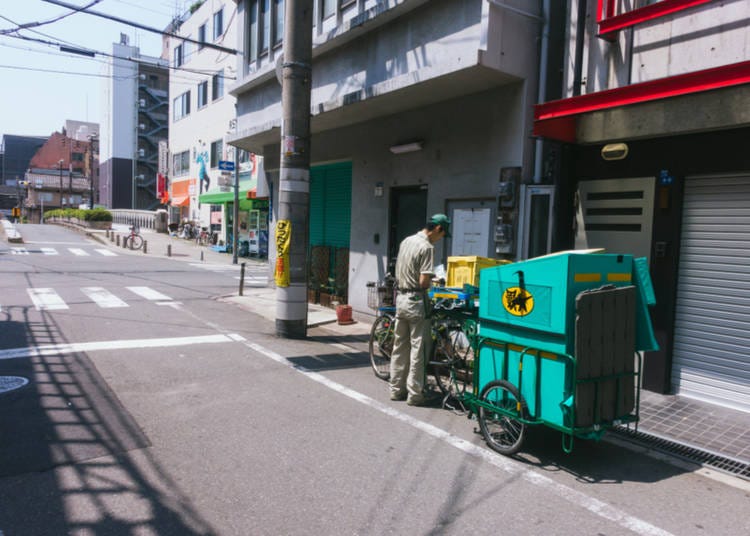
One of the community members, Mira L., said she regretted “Not utilizing the luggage forwarding service on earlier trips! And, of course, not visiting certain key tourist spots despite having the opportunity. If you want to visit a spot, make time, by hook or crook – don’t miss it and regret it!”
Try that luggage delivery service
Mira also added that time management is important regardless of your destination. Her comment hits the nail on the head, especially when it comes to Japan. Luggage forwarding services are not exclusive to Japan. Still, in this country, it’s very common, and it’s straightforward to access at the airport upon arrival to send bags to your hotel or even from one hotel to your next place of stay. Many companies offer similar services. The easiest to find, and the one with more access to anyone, is probably Takkyubin (Better known in Japan as Yamato – nicknamed kuro neko (black cat) after its logo).
Yamato is the biggest delivery company in the country. When it comes to luggage delivery, you won’t need to book ahead, and you’ll very likely receive the luggage at your hotel or place of stay within the same day (often within a few hours). The costs vary, but on average, you’ll spend in the order of 2,000-3,000 yen ($20-30). Using a delivery service will also free a lot of your time to start exploring right away!
Make sure you make time to see everything you want to see

Mira was not the only one who expressed regret about not visiting all the places she wanted to see. In fact, it was one of the most common comments we’ve read and heard from those to whom we talked. Japan is rich in cities to visit, and it’s hard to make time for all of them. Yet we do tend to try anyway.
We recommend choosing only one or two cities; within those cities, you will undoubtedly find a lot that you’ll want to see (in fact, you probably will still have to choose some locations over others). Once you pick your favorite spots, see them all and experience them as best as you can! You may end up tiring yourself a bit, but it will be well worth it, and you’ll have no regrets.
2. While you walk around, avoid eating in the street

Since you’ll have a lot to see and a lot of distance to cover, it would make sense to grab a bite on the go to save time. Yet you may be surprised by how different customs are in Japan compared to other places. Let’s have Robertus R. explain it from experience: “Thing I did and then I wished not to do is ‘eat while walking’... Well, I should be wiser, but it is something that is fine in several countries, but not in Japan... And sometimes I forget it because we would like to save time.”
Robertus is not alone in his regret. Many foreigners are used to eating and drinking while walking. We often rush to go to work, meet people, or get to a museum before it closes, so we inhale that sandwich while speed-walking.
In Japan, there is no law that you’re breaking if you eat in the street, but it’s considered rude and disrespectful, and people might give you the stink eye. You will not get in any trouble, of course, but since you’re visiting Japan, you likely also care about respecting its customs, so this tip that Robertus left for us can be handy.
What do I do with my trash?
If you want to eat but don’t really want to stop at a restaurant, you can find a bench or a corner in the shade to enjoy your food. Once you’re done, though, you will start wondering where to put your trash. Garbage cans have seemingly disappeared from Japan since the early 2000s. If you’re close to a conbini (convenience store), feel free to get rid of your garbage there.
Sometimes, though, you won’t have that option, so we recommend you carry a small plastic bag for you to carry your food foil and empty bottles around until you finally find a garbage can.
3. Be sure to seek out and try Japanese snacks!
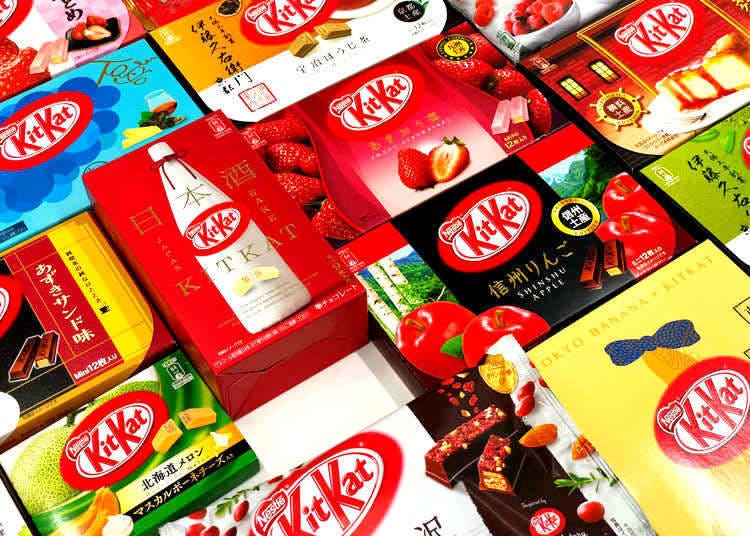
I myself had never thought about this being a potential regret, but many people did wish they had bought more of the many unique Japanese snacks available only in Japan.
Japan has a large variety of traditional snacks, but also variations of many world-popular snacks (like Kit-Kat) exclusive to this country. You’ll find not only the now-famous green tea-flavored Kit-Kat, but also strawberry, red beans, and even wasabi-flavored ones.
You can also enjoy (and take home) many different kinds of candy, chips, and the amazing Pocky (also available in many flavors that exist only here). If you’re not sure where to look for them and you’re in Tokyo, you can find virtually everything at a variety shop like Don Quijote, at a supermarket, or convenience stores.
Your snacks won’t last long, but as you devour them, you’ll probably be happy you stocked up before leaving!
4. In Japan Cash is King – be sure to stock up ahead of time!
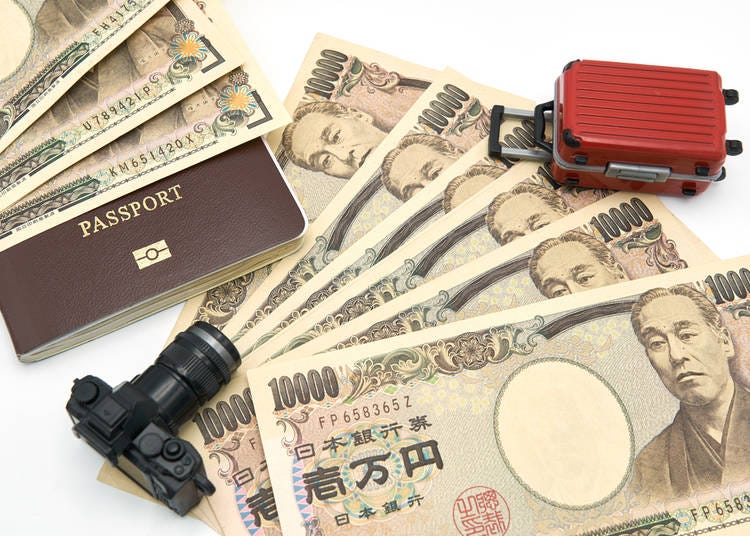
Israel B. is only one of the many people that regretted not bringing enough cash. In his answer, he wrote, “I wish I brought more cash and more time. It was my first time last year, and I have already booked another trip this September.”
His regret certainly resonated with many other travelers who often try to get back to Japan as soon as possible (also, who doesn’t wish they had more money to spend in a country they love).
While Japan is coming around to credit cards and cashless payments (particularly after the pandemic), and it's possible to use prepaid cards like Suica and Pasmo for some vending machines and convenience stores.
However, there are a lot of locally owned businesses and restaurants that still don't take credit cards at all. Also be aware that if your credit card has a chip, not all card readers might read it - so having cash as a backup (say 10,000 - 30,000 yen) is prudent. (You can also add your credit card in Apple Pay or Google Pay for an added backup.)
So, it's always good to have some cash on you, just in case. In fact, it’s not uncommon for Japanese businessmen to withdraw large amounts of cash as they leave the house to make sure they can get through the day.
No need to bring much cash from home, though
While it’s good to always have a good reserve of cash handy, it would be potentially dangerous to constantly carry it around. Fortunately, there are many international ATMs. You’d have to be actively trying to avoid them not to find one!
If you are not sure which ones will work with your international card, find 7-Eleven convenience stores or Japan Post Offices. Both always have international ATMs from which you can withdraw cash (although fees may apply from your card company or your bank).
5. Make sure you plan for a personal Internet data plan

Japan is an advanced country regarding technology, but it also has its own pace in catching up with what is expected in other countries.
That’s why you can still find huge record stores, and wildly popular DVD rental stores, in Japan.
Public Internet access may also not be on par with your country of origin’s. Interestingly enough, some Japanese companies provide some of the fastest commercial Internet connections in the world, but Wi-Fi isn’t ubiquitous.
Many people regretted not planning ahead and felt they wasted a lot of time finding a good Internet connection while exploring the city.
You can quickly obtain portable Wi-Fi, a SIM card, a rental phone, and more to help you stay connected while in Japan. Actually, why don’t you look into it right now?
6. Get yourself a prepaid e-money card

Whether in Tokyo, Kyoto, Osaka, or much smaller cities, you will not always walk a lot, but you will also commute a lot. Buying a ticket in Japan can be time-consuming, especially if you’re not used to it.
In many countries, a subway (metro/tube) ticket is a fixed price, regardless of the distance you plan to ride. In Japan, you need to know your destination beforehand, as depending on the distance you’ll ride, the ticket price will change.
If you already know exactly the value of the ticket you need, the problem solves itself. One often has to look it up on an app or the (sometimes confusing) map on top of the ticket vending machines. This results in a loss of time you could be spending sightseeing!
In fact, even knowing all the prices by heart and buying the correct ticket every time won’t be as fast as simply tapping your pre-charged card while entering and exiting the stations (or bus). You’ll avoid lines and potential mistakes, and you’ll make your commuting so much easier, especially when with your family or in large groups.
Moreover, these cards can also be used to purchase drinks from many vending machines, plus you can use them instead of cash at convenience stores nationwide. And at the end of your trip, you can turn them in to station staff, who will give you whatever money is left on the card as cash.
7. Dare to be naked!
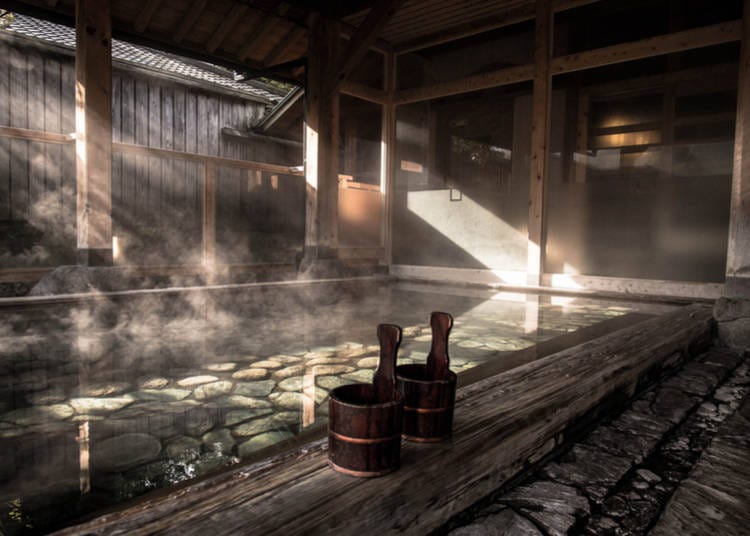
Now don’t get confused. We mean only in certain places! Onsen (hot springs) and sento (public baths) in Japan will be one of the most relaxing and pleasant experiences you’ll be able to enjoy while visiting the country. They are embedded with Japanese daily life and culture; you’ll quickly understand why once you try them.
The problem that many foreigners face, though, is that of adapting to the idea that they’ll have to be completely naked in front of other patrons. While this is not at all an issue for Japanese customers, it can be daunting and embarrassing for many others. While using onsen and sento, in fact, you won’t be allowed to wear a swimming suit.
Don’t let this prevent you from enjoying these facilities, though, if you have the opportunity to.
Public baths and springs will have, of course, different sections for men and women. Once you break that shyness barrier that may make you feel completely out of place, you’ll realize that no one around you will really be paying attention to you, and you will also realize that you won’t even be noticing the other patrons. Just enjoy the experience.
What if I have tattoos? I heard I won’t be able to access hot baths
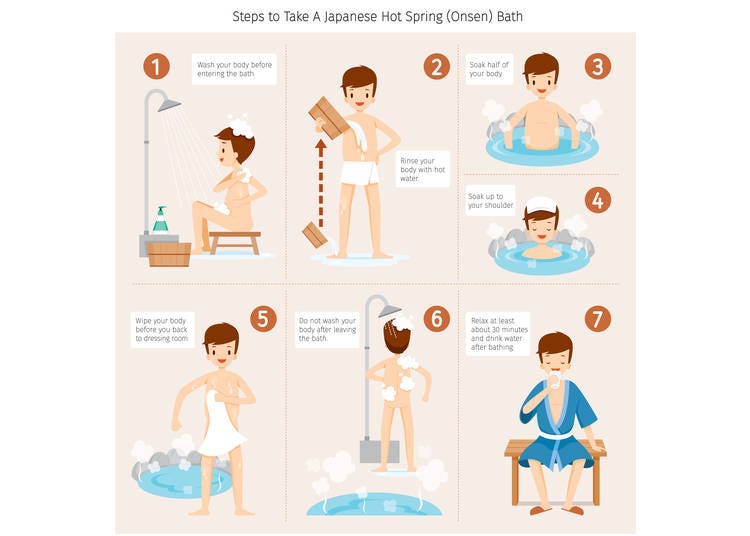
What you heard is partially right. Having tattoos (especially big ones that can’t be covered by a patch or a small towel) theoretically bars you from entering public baths, hot springs, swimming pools, gyms, and similar places.
Yet many managers of onsen and sento will be happy to let you in if you’re upfront about it. Just tell them beforehand that you do have tattoos, but you’re visiting and you’d really like to enjoy this experience. In many cases, they will at least direct you to a private onsen you can rent to yourself. It’s very likely that a little bit of politeness and honesty (and let’s face it, the fact that you’re a visiting foreigner) will convince the staff to give you access.
8. Learning 4-6 Kanji would really help
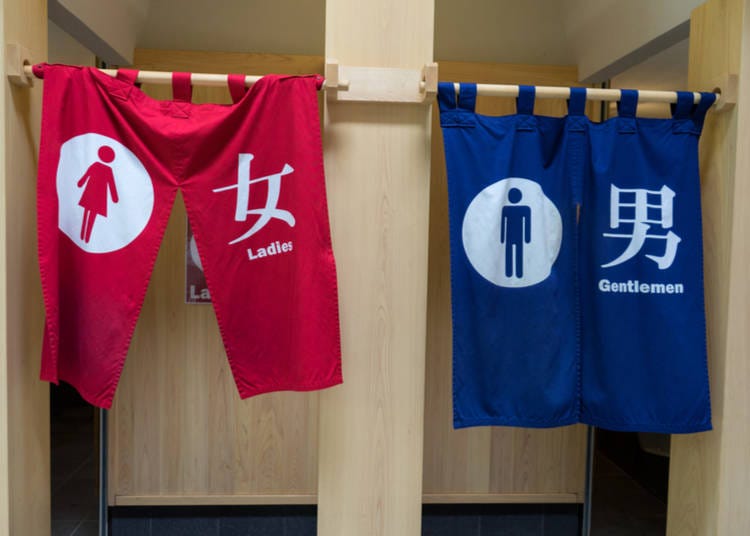
We all know or have heard just how complex the Japanese written language is. You have the kana (hiragana and katakana) and the kanji (Chinese characters). If you’re visiting, there’s no reason to try and learn how actually to read and write, but it would help a lot learning how to recognize just a few characters, such as:
・男 – Man (Helpful for identifying the right door in restrooms)
・女 – Woman (Helpful for identifying the right door in restrooms)
・出口 – Exit (Not only for train stations but for attractions as well)
・入口 – Entrance (As above)
・円 - Yen (Prices are not always written using the yen¥ symbol we commonly know)
・酒 – Alcohol (Be careful not to confuse something that looks like juice with an adult beverage!)
In some traditional restaurants, you may not see an image indicating which bathroom is for men and which for women; they may be marked only by kanji. Sometimes it’s hard enough to navigate the complex subway system and the huge stations in Tokyo without having to worry about which direction to take for an exit. (There are also many other reasons!)
The more we experience, the more fulfilled we will be
When it comes to traveling, regrets are just a sign that we enjoyed our experience so much that we wish we could have gotten even more from it.
By learning what other people wish they had done before coming to Japan or while here, you’ll be able to make your experience in the country even more fulfilling. You’ll probably learn even more and pass it along to future travelers. Don’t miss any opportunities while you’re here!
Written by:

*Prices and options mentioned are subject to change.
*Unless stated otherwise, all prices include tax.
Limited time offer: 10% discount coupons available now!
-
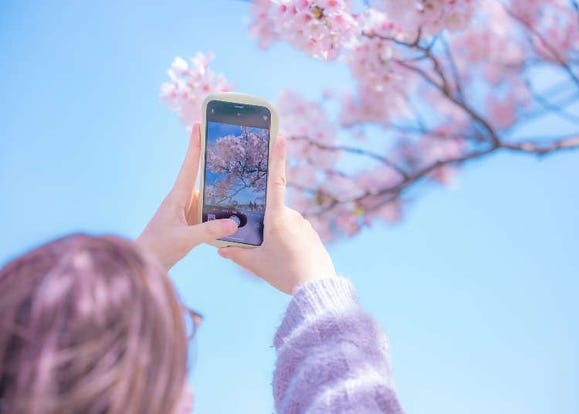
Professional Photos Even Beginners Can Shoot! 10 Tips for Taking Stunning Cherry Blossom Photos
-
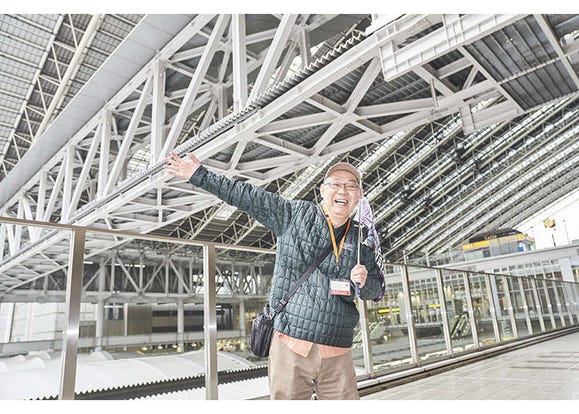
Discover Osaka Station City: A Journey Through Its Most Fascinating Spots
-
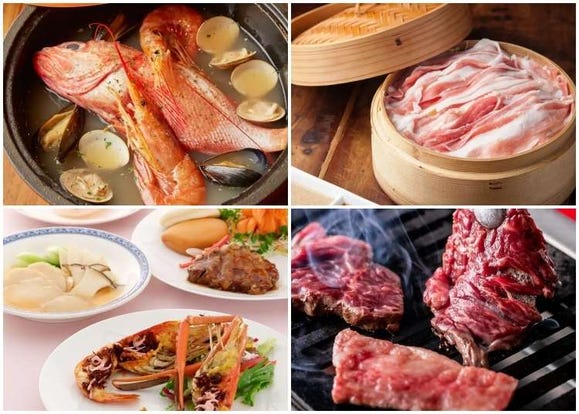
Where to Eat in Yokohama: 10 Must-Try Restaurants for Yakiniku, Izakayas, Unique Dining & More
-
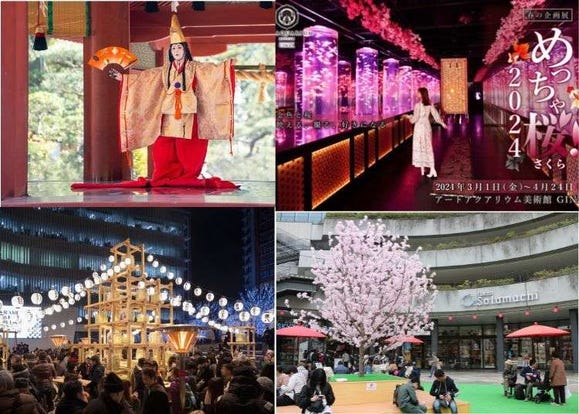
Best Things to Do in Tokyo in April 2024: Events, Festivals & More
-
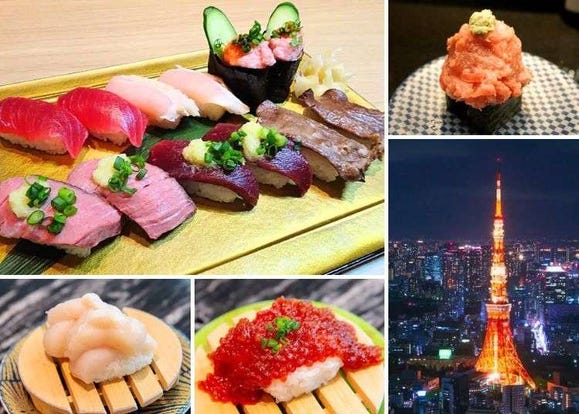
15 Must-Try Sushi Restaurants in Tokyo (+5 Trending Areas to Explore for Foodies)
-
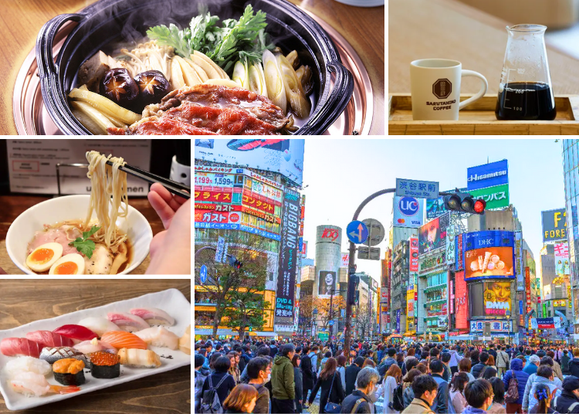
Where to Eat in Shibuya: 14 Must-Try Restaurants for Yakiniku, Sushi, Izakayas, Cafes and More
-

New KitKat 'Ruby' debuts in Japan - Naturally PINK Chocolate!
-
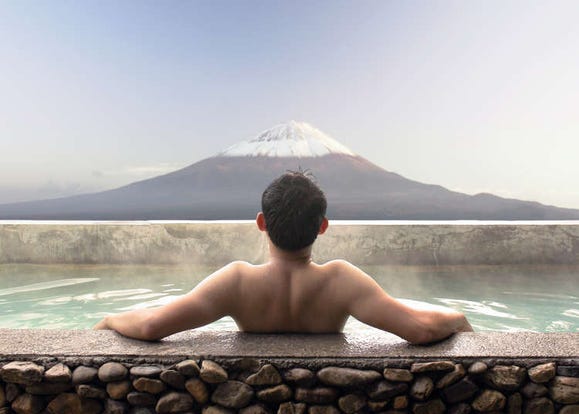
Japan's Bath Culture: Tips You Should Know!
-
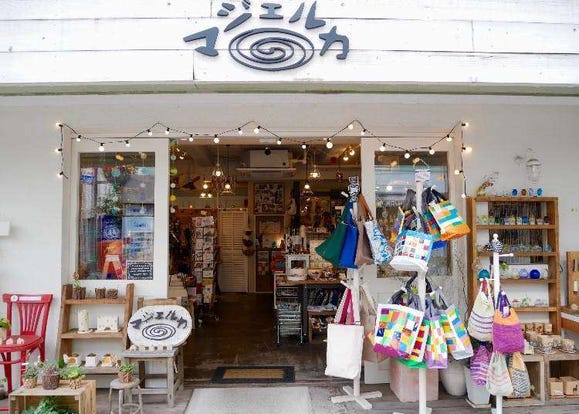
Kichijoji – Explore Tokyo’s Top-Rated Stylish Suburb in Half a Day!
-

Enjoy natural ingredients and luxury French cuisine at Ginza
-
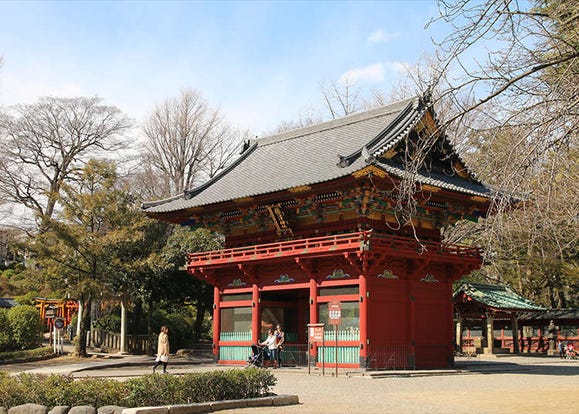
Guide to Tokyo's Old Quarter: 7 Quaint Spots in Yanesen!
-
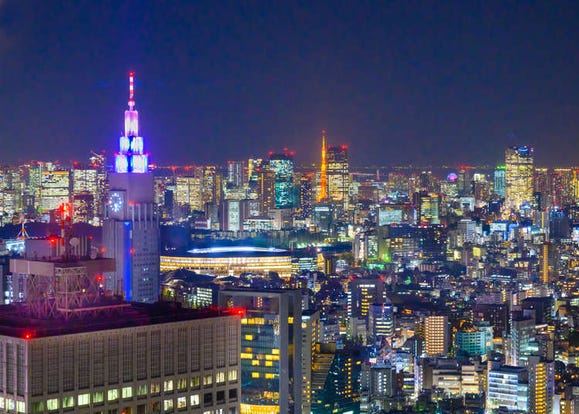
3 Cheap Hotels in Shinjuku Tokyo: How To Get Secret Rates at Otherwise Pricey Spots! (Under $50)
- #best ramen tokyo
- #what to buy in ameyoko
- #what to bring to japan
- #new years in tokyo
- #best izakaya shinjuku
- #things to do tokyo
- #japanese nail trends
- #what to do in odaiba
- #onsen tattoo friendly tokyo
- #daiso
- #best sushi ginza
- #japanese convenience store snacks
- #best yakiniku shibuya
- #japanese fashion culture
- #best japanese soft drinks
